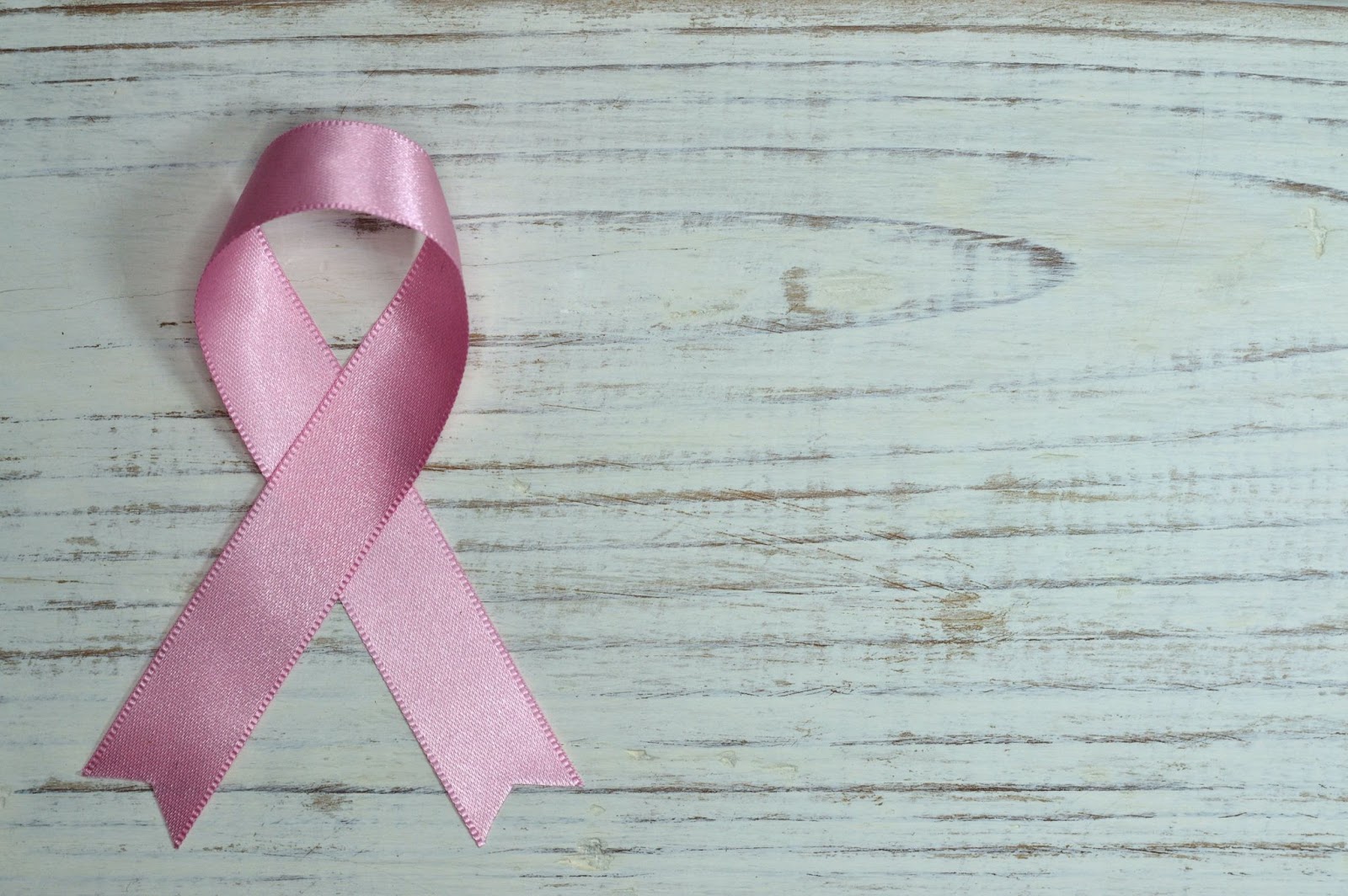Supporting A Loved One Through A Cancer Diagnosis
Cancer is something that everyone wishes never happens to them or their nearest and dearest. Sadly nearly 5,000 people a day were diagnosed with cancer in the US in 2020, and this shows no signs of slowing down.
But what exactly does a cancer diagnosis mean? Depending on the type of cancer a person has been diagnosed with and the cancer stage, the prognosis can range from excellent to tragic. There are currently over 200 types of cancer, and while many are treatable and respond well to different therapies, not all do. Some will likely be terminal regardless of the treatment options available.
However, a cancer diagnosis is devastating for every person who receives one regardless of the type of ferocity of their particular cancer. Knowing how to support someone through this time in their lives can help you, and then navigate it in the best way possible.
Prepare Yourself
Chances are, at their initial diagnosis, you both know as much as each other, and firing questions at someone who has just received this type of news won’t help anyone. So take some time to process your own feelings on this away from them and research the type of cancer they have and what treatments and prognosis are usually given in these circumstances. Some cancers are highly treatable when caught in time, and removing the growth can render a person cancer-free with no further treatment required except follow-up care to ensure cancer doesn’t return. Other types of cancers, such as a mesothelioma prognosis, indicate that this is terminal, and treatment can only help to limit the suffering, not prolong or reverse the diagnosis.
The more you know them or support you can give and know what the next few weeks or months will look like for everyone. Remember, this isn’t about you. It is about them, and projecting your own feelings and worries on them will only increase their burden. They already have enough to deal with without worrying about other people too. Head online to discover different charities and support networks that are useful both to you as an outlet of support and to the patient for them to find others going through the same thing as they are too.
Listen
The name of the game when supporting a person through a cancer diagnosis is to listen to them. Their feelings and experiences need to take center stage right now, and refraining from offering unsolicited advice can be the best thing to do. Chances are, they will have many various thoughts, feelings, and emotions regarding what is happening to them. They may swing from one extreme to the next, from resolute “I can beat this” to “I can’t fight this” However they react, or how often they change their feelings in this, the best thing you can do is support them there and then as they need it.
If you aren’t sure what they need, then like them. Do they want you to talk them round? Do they want your advice or just to listen. You will both know where you stand and what will happen as you embark on this journey.
Live your Life
Don’t be afraid to make plans or to go about your normal day-to-day tasks. Allow your loved one the chance to continue with life as moral if they wish and are physically able to. Follow their lead and live your life as normally as possible. The world doesn’t need to stop turning unless they ask for it to. So make your plans, get on with your life, and don’t forget to include them as much as possible. Even if they physically can not make it, extending the invitation will still mean a lot.
Stay Connected
Words mean nothing; it is the actions that speak for themselves, so if you commit to something, follow it through. Stay in regular contact. When they are going through treatment, even a text can be enough if you cannot be there for them. Respect boundaries when it comes to how often you visit and call if requested but always check-in and see how they are doing, even if all they need is to know you are still there.
Cancer treatment can go on over many years, and it is only natural that people’s lives will continue around this; while you shouldn’t stop living yours, you shouldn’t stop the contact you once had because living with cancer has become a new normal. Regardless of if it is the first day after diagnosis or the day before they get the all-clear, cancer still affects their lives, and they will need just as much support at each step of the treatment and recovery process.
Look After Yourself
You cannot pour from an empty jug, and if you are burning yourself out, you are no good to anyone so remember to look after yourself so you can look after others too. A cancer diagnosis isn’t just a big upheaval for the patient; it is for their immediate family and friends too, and supporting someone with cancer can take its toll on everyone. Have a support person you can confide in when things get tough and help you take care of yourself. Eat properly, drink enough water, and get a good night’s sleep every night if you can.
If a big part of your life is caring for someone with cancer and providing round-the-clock care, look into support groups or charities that offer respite so you can take time out and be confident they still have the support they need during this time. Making yourself ill with worry or taking on more than you can handle won’t help anyone. So while you are focusing on helping them beat cancer and get through this stage of their lives, make sure you aren’t neglecting yourself too.
Conclusion
A cancer diagnosis can be devastating. However, there are ways you can adjust your life and still offer support to those who need it during this vulnerable time of their lives. Pay attention to the needs of others and look into all the information you can on their particular cancer and prognosis to allow you to support them in any way they need it.
- Navigating Pregnancy as a Teen: Tips for a Healthy and Happy Journey - July 23, 2025
- What Does It Take to Start the Best Possible Relationship With Your New Dog? - July 23, 2025
- You Deserve To Take Care Of Yourself And Your Needs - July 20, 2025


